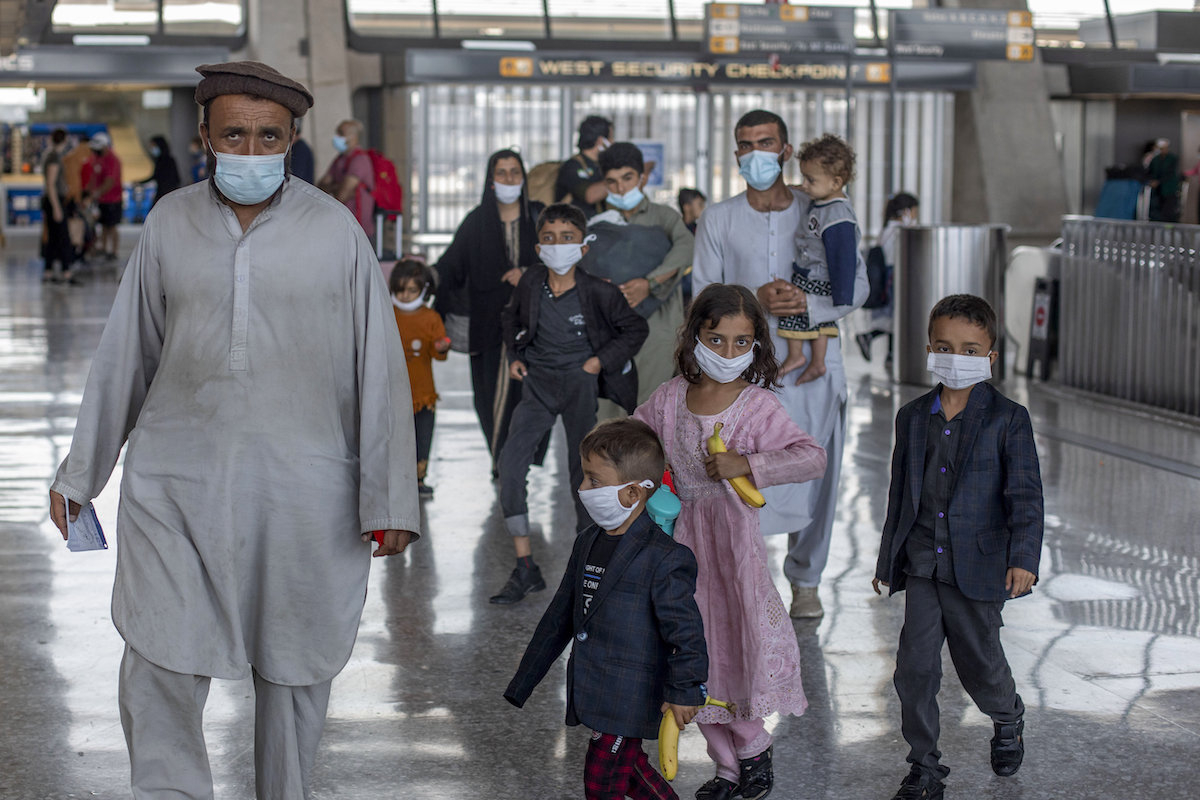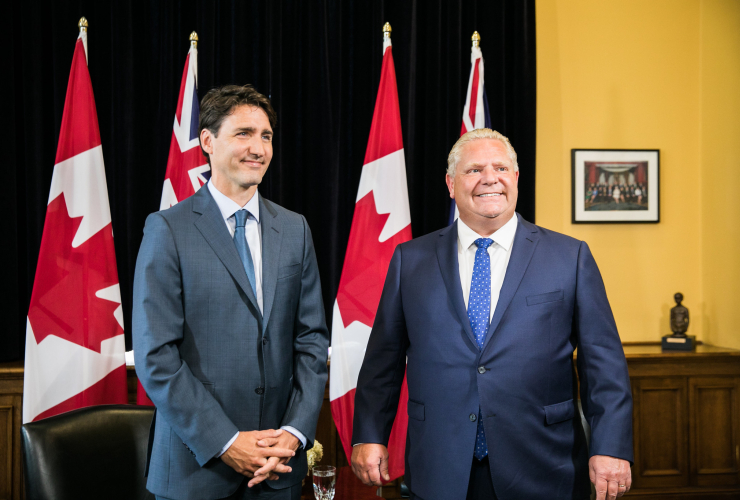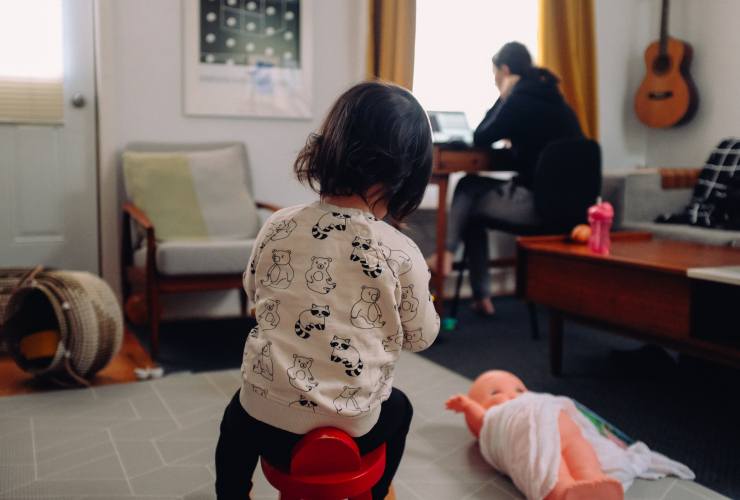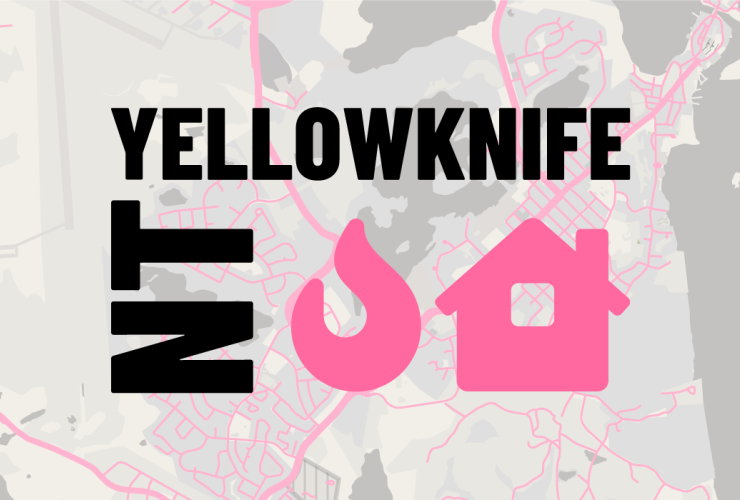The situation still unfolding in Afghanistan is an obvious tragedy, one that serves as an unpleasant reminder about the dangers of using military tools to effect social and political change.
The hurried withdrawal of countries like the United States, the United Kingdom, and Canada from the country is a humiliating defeat for those who believe in democracy, and it’s a literal death sentence for some of the Afghan civilians who worked with them in pursuing that belief. As a country that asked those people to stand beside us, whether as translators or as soldiers, we owe them an enormous debt that must be repaid.
But our own democracy, safe as it is from Taliban extremists, isn’t exactly covering itself in glory right now. Justin Trudeau’s refusal to take responsibility for the people left behind, many of whom worked with the coalition government, was an abdication of his responsibilities as prime minister. Erin O’Toole condemned Canada’s pullout from Afghanistan but didn’t actually have any suggestions for what he would be doing differently. Green Party Leader Annamie Paul actually called for Parliament to be recalled, even though that’s not possible now that it’s been dissolved by the Governor General. And while Jagmeet Singh called for Canada to do more, he was predictably light on the details of what that might look like in practice.
The truth of the matter is that both Liberals and Conservatives share the blame for Canada’s record in Afghanistan, given they’ve been the two parties in power over the course of the country’s engagement there. And if we want to honour the lives of people who served in that country, from the soldiers who fought for the Afghan people to the journalists who helped tell their stories, we owe them a far more honest dialogue than the one we’ve gotten so far.
As Gen. Wayne Eyre, acting chief of the defence staff, said in an Aug. 26 briefing, “This operation was carried out under intense — and often misinformed — public scrutiny and criticism. For obvious reasons, operational details of what we were doing had to be kept quiet. So into that silence, some people interjected their own narratives, without any real knowledge of the facts, adding to the confusion.”
If we’re looking for someone to blame, we can start with the American government — past and present. As The Line’s Matt Gurney wrote, “This was not a decision made in Ottawa, but in Washington, and for entirely American reasons… We were caught totally flatfooted by the rapid and total collapse of the former Afghan government — what had been expected to take months, took days. Canada, a member of both NATO and the Five Eyes, relies heavily on the intelligence gathered by our larger, more powerful ally. I do not fault Liberal Party Leader Justin Trudeau or his government for being caught unprepared.”
As Gurney suggests, “It’s clear that we made major errors, including failing to work with veterans and aid groups on the ground; we did not lift bureaucratic hurdles quickly enough. We lost time dithering. That is our shameful failure.”
But some people seem a little too eager to be ashamed right now, and that’s particularly true of the litany of former Harper Conservative cabinet ministers, staffers, and hangers-on who have been quick to criticize the current government for its handling of the situation. After all, long before the Taliban turned the recent American withdrawal into a 21st-century version of the fall of Saigon, it was the Harper government leaving Afghan interpreters high and dry. In 2009, it promised to give 450 of them the opportunity to immigrate to Canada. In the end, two-thirds of the people who applied for the program were turned away.
Those denied applications included 23-year-old Sayed Shah Sharifi. As Toronto Star columnist Paul Watson asked, “How could a young man whose extraordinary bravery under fire, in service to Canadian troops, who was repeatedly praised for his brave leadership and integrity in letters of recommendation from several senior military officers and officials be turned away from Canada’s doors?”
The answer, according to then-Immigration Minister Jason Kenney, was simple: bureaucracy. “We leave such decisions to highly trained and competent civil servants,” he said in a letter to the Toronto Star. “They have decided that Mr. Sharifi is not eligible under this program.”
Eventually, thanks in large part to the pressure applied by Watson and his columns, Sharifi’s application was revisited and finally approved. But that episode speaks to the fact that the real problem isn’t so much who’s in government as it is what our government is willing (and able) to do. And while it’s surely tempting for partisans and pundits to politicize the fallout from the current situation, we should all be far more focused on how we’re going to repay that debt to the Afghan people — in full.
For starters, we can push our politicians to raise the target on how many Afghan refugees we plan to resettle here in Canada, from the 20,000 figure floated by the prime minister to at least double that or more. We can demand they invest in more supports for the refugees who are already on their way here, and we can help them out in our own communities as they arrive and adjust to their new lives in Canada. We can insist that politicians create an environment in which immigrants feel safe, and call out the ones who would try to use them as scapegoats. And we can insist that bureaucratic concerns take a back seat to the basic humanitarian concerns that lie at the heart of this issue — no matter who happens to be in government at the time.
"The answer, according to
"The answer, according to then-Immigration Minister Jason Kenney, was simple: bureaucracy. “We leave such decisions to highly trained and competent civil servants,” he said in a letter to the Toronto Star. “They have decided that Mr. Sharifi is not eligible under this program.”
Total BS, in fact classic BS. The bureaucrats administer policy delivered from the politicians, and the politicians invariably blame their employees when, not if, things go sideways.
When the government said "let 25,000 Syrians come", they were let in PDQ - as fast as we could find the money and sponsors.
So no more BS blaming gov. employees for political cockups - it's their masters in Parliament who deserve the blame, and the on-the-ground bureaucrats and soldiers who deserve the kudos.






Comments